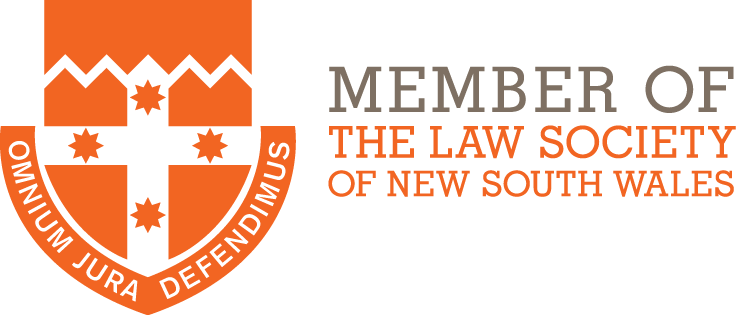Show Cause Bail Applications
Show Cause bail applications are some of the most complex, technical and demanding bail applications. As a person charged with a serious offence you need to be advised as to whether your circumstances mean that you must show cause at your bail application.
The Bail Act 2013 introduces a “show cause” requirement for certain offences. New section 16A provides that for show cause offences bail must be refused unless the accused shows cause where his or her detention is not justified. This shifts the onus on the accused to demonstrate the reasons why their detention is not justified. If the accused person can show case, then the bail authority must apply the unacceptable risk test discussed previously.
Show Cause Offences:
- an offence punishable by imprisonment for life: s 16B(1)(a)
- a serious indictable offence that involves an intent to have sexual intercourse with a person under 16 years old by a person aged 18 years or older: s 16B(1)(b)(i), (ii)
- a serious personal violence offence as defined in s 16B(3), or an offence involving wounding or the infliction of grievous bodily harm, if the accused person has previously been convicted of a serious personal violence offence: s 16B(1)(c)
- certain serious indictable offences under Pts 3 or 3A Crimes Act 1900 or under the Firearms Act 1996 involving the use of a firearm, indictable offences involving the unlawful possession of a pistol or prohibited firearm in a public place, or serious indictable offences in the Firearms Act involving the acquisition, supply, manufacture or giving possession of a pistol or prohibited firearm or a firearm part that relates solely to a prohibited firearm: s 16B(1)(d)(i), (ii), (iii)
- a serious indictable or indictable offences involving a military style weapon under Pts 3 or 3A Crimes Act 1900 or under the Weapons Prohibition Act 1998: s 16B(1)(e)(i), (ii), (iii)
- an offence under the Drug Misuse and Trafficking Act 1985 that involves a commercial quantity of a prohibited drug or plant: s 16B(1)(f)
- an offence under Pt 9.1 of the Commonwealth Criminal Code that involves a commercial quantity of a serious drug: s 16B(1)(g)
- a serious indictable offence that is committed by an accused person while on bail or parole: s 16B(1)(h)(i), (ii)
- an indictable offence or an offence concerning compliance with a supervision order: s 16B(1)(i)
- a serious indictable offence of attempting to commit an offence mentioned in s 16B(1)(j)
- a serious indictable offence (however described) of assisting, aiding, abetting, counselling, procuring, soliciting, being an accessory to, encouraging, inciting or conspiring to commit an offence mentioned elsewhere in this section: s 16B(1)(k).
- a serious indictable offence committed where the person is the subject of a warrant authorising his or her arrest under the Bail Act, Pt 7 of the Crimes (Administration of Sentences) Act 1999, the Criminal Procedure Act 1986, or the Crimes (Sentencing Procedure) Act 1999: s 16B(1)(l).
A “serious indictable offence” means “an indictable offence that is punishable by imprisonment for life or for a term of 5 years or more”. This definition includes offences such as larceny and most dishonesty offences. It also includes assault occasioning actual bodily harm and stalking/intimidation.
The Exceptional Circumstances Test
If a show cause offence is also an offence to which s 22A applies, then the exceptional circumstances test applies.
Under s 22A(1), a bail authority must refuse bail, unless it is established that exceptional circumstances exist, when an accused is charged with generally a Commonwealth terrorism offence or is subject to a control order made under Pt 5.3 of the Commonwealth Criminal Code.


